We have been working to get things completed as the weather has continued to hold. After a rather rocky start, October has turned into a beautiful month. Warm days and mild nights with a mix of sun and steady rains have allowed us to finish up those few projects we had left. The guys are in the garden today finishing the work on the soil and planting the last of the garlic.
Inside, I have been making soaps for the Christmas orders and for the craft fair I am attending next month. I haven't done a market or craft fair since before my first shoulder surgery almost three years ago. Reiley will be coming with me to help. So we shall see. We are continuing to chip away at the renovations inside, but the heavy work inside won't begin until everything is frozen outside. We are under a tighter deadline this winter as there will have to be a forced break in the work once the baby arrives in late February or early March.
Back to the matter at hand! I had a couple of posts written on cleaners and chemicals to avoid for post on Thursday and Friday, but they were lost in this computer and are lost for all time. So today you are going to get the coles notes version of both posts rolled into one.....
If you feel that you just aren't ready to ditch the commercial cleaners you are used to; and that is fine, I am not here to judge just inform. Try to find a list of the ingredients contained in your products and look for ones that are less harmful. Here are the nasty chemicals and what they do.
Powdered Silica. This is the staple ingredient in the abrasive cleansers, like Comet. Powdered silica is recognised as a known human carcinogen by the International Agency for Research on Cancer. It is made from finely ground quartz and is hazardous if inhaled. Unfortunately it also becomes a carrier for the other dangerous chemicals contained in the cleaners.
Ammonia. A staple in glass and stainless steel cleaners / polish. Ammonia vapours can irritate the the skin and mucous membranes of the eyes, throat and lungs. People with asthma and C.O.P.D. are susceptible to small concentrations of ammonia. The real problem with ammonia in cleaning products, and this is one that sends people to the Emergency room all over North America every year, is the accidental mixing of products containing ammonia and products containing chlorine bleach. When these two chemicals combine they form chloramine gas, Chloramine gas was used as a chemical weapon during WWI. Enough said. Ammonia is also found in drain cleaners, all purpose cleaners, car polish, toilet cleaners and oven cleaner.
2-Butoxyethanol (2-BE, also known as butyl cellosolve)
This nasty little ingredient is a known eye and skin irritant and has been shown in laboratory experiments to cause reproductive issues. Health Canada has listed indoor air and skin contact with cleaning products as the main exposure. It is listed as a toxic substance under the Canadian Environmental Protection Act and is limited to a concentration of five - six percent in household cleaners but some products such as laundry stain removers may contain as much as 22%.
So what should we do? It is difficult to find a label that actually lists full ingredients; the laws surrounding label claims such as "green" or "environmentally friendly" and "non toxic" are as toothless as hens. What do we do? My solution has been to make my own cleaners.
Most modern cleaners are based on recipes that utilized natural ingredients. In order to develop markets, companies began to try and isolate the properties of these natural ingredients and synthesize cheap chemical ingredients with the same "properties"’. Going back to the original ingredients you can make effective products which don't pollute your home or the surrounding environment and are much cheaper than the commercial options.
The basic ingredients needed to make your own cleaners are probably already in your cupboards my stock includes:
White Vinegar. Vinegar is a mild acid, natural deodorizer and grease cutter. Vinegar will remove mildew, wax buildup and scale from hard water.
Lemon Juice. Lemon juice does similar things as vinegar, however it has a slightly lower ph and is therefore slightly stronger. It also has a pleasing scent.
Baking Soda Baking soda is a base. It is useful for softening water, deodorizing, cleaning and as a mechanical scouring agent.
Soap. You are looking for a plain, unscented biodegradable soap. It can be liquid, flakes or bar. I make my own so I can make flakes or liquid as needed. Washing soda. Washing soda is a mineral, powdered sodium carbonate decahydrate to be exact. It is also one of the strongest ingredients in my cleaning supplies. It is a water softener, removes many stains and is a fabulous grease cutter. I use washing soda in my bathroom cleaner and as a laundry additive for loads that are particularly nasty from homesteading activities. Matthew uses grease pencils at his day job right now and sometimes they get in the laundry. Washing soda paste will take out the results.
Rubbing alcohol. Isopropyl alcohol is the technical name. As one would assume it is an excellent disinfectant. Use common sense, or as a friend is fond of saying, good sense as it is not common anymore. If you are using rubbing alcohol to disinfect around the kitchen rinse afterwards.
Borax. Of late, there has been talk of how environmentally friendly borax really is. I have looked at most of the talk and I still continue to use borax. Most of the concern seems to focus on boric acid, however borax is not boric acid,. Boric acid is formed when borax is added to any acid. Borax on it's own, is a moderately strong alkaline with a pH of 9 -9.5 range. I have looked at most of the studies and find issues with many of them. I cannot tell you to use it or not use it, all I can say is I still use it. I don't spread it willy nilly around the house, but then again I never did. Bottom line borax is not absorbed through the skin, it is non carcinogenic, (as far as we know) and it does not bio-accumulate.
Essential Oils. I use tea tree, lavender, and orange essential oils in my cleaning recipes. I don't use them all the time, only when needed. They are great for extra disinfecting, grease cutting and aromatherapy.
So those are the raw materials. Tomorrow I will share my recipes with you and some tips and tricks I have learned over the years. Have a great day everyone!

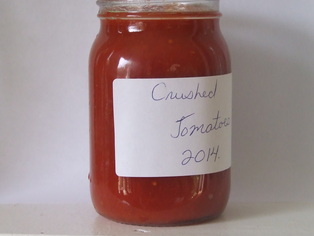
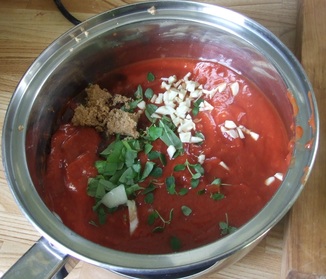
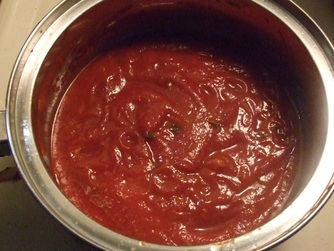
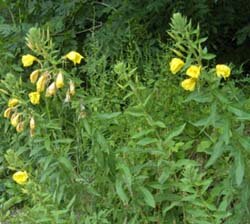





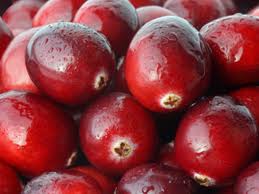
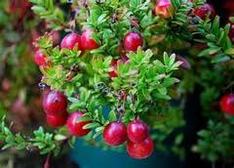
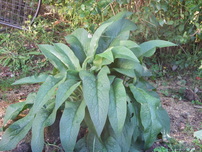
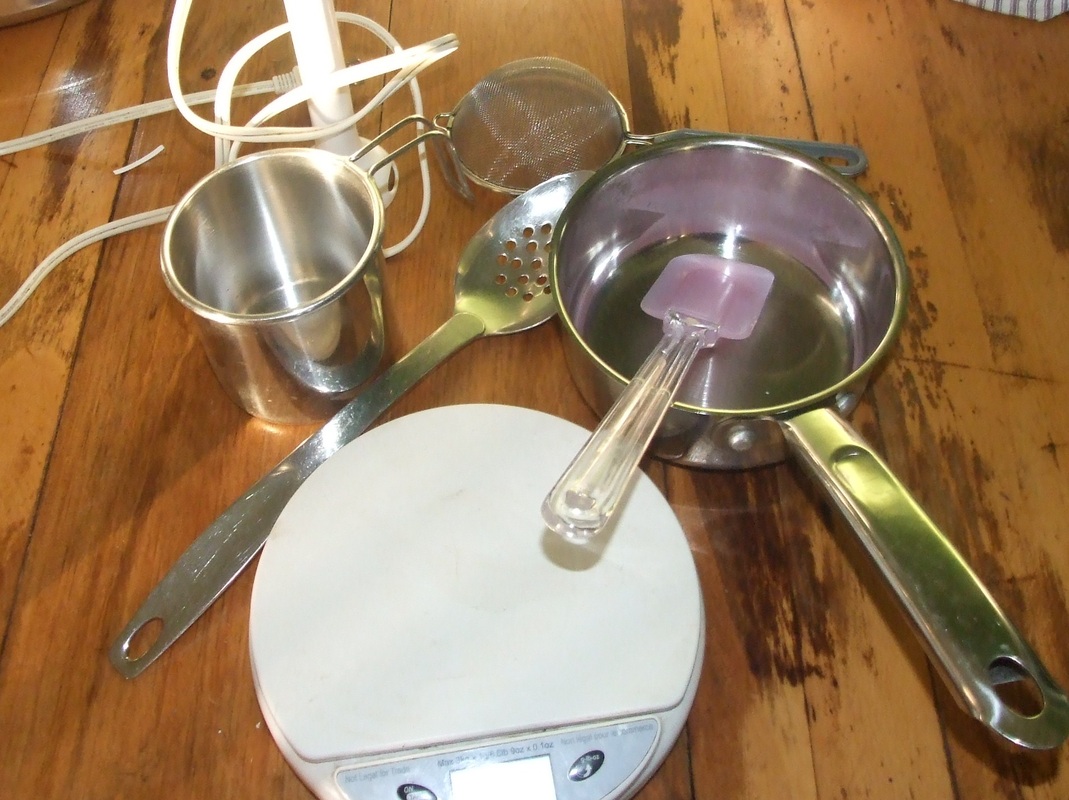
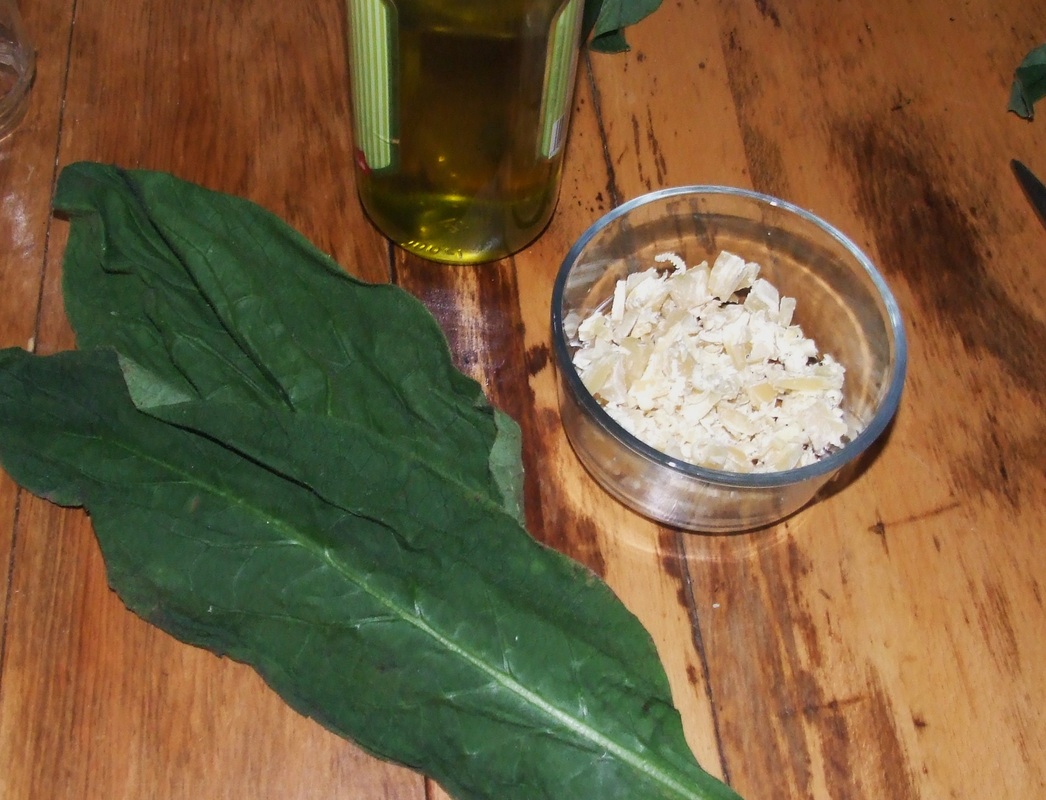
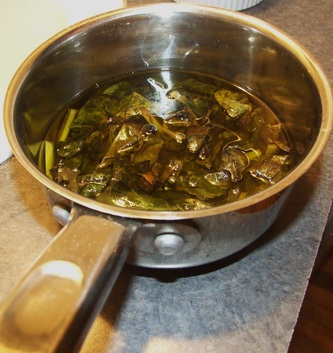
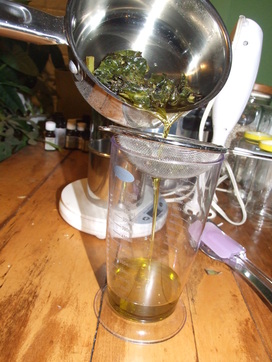
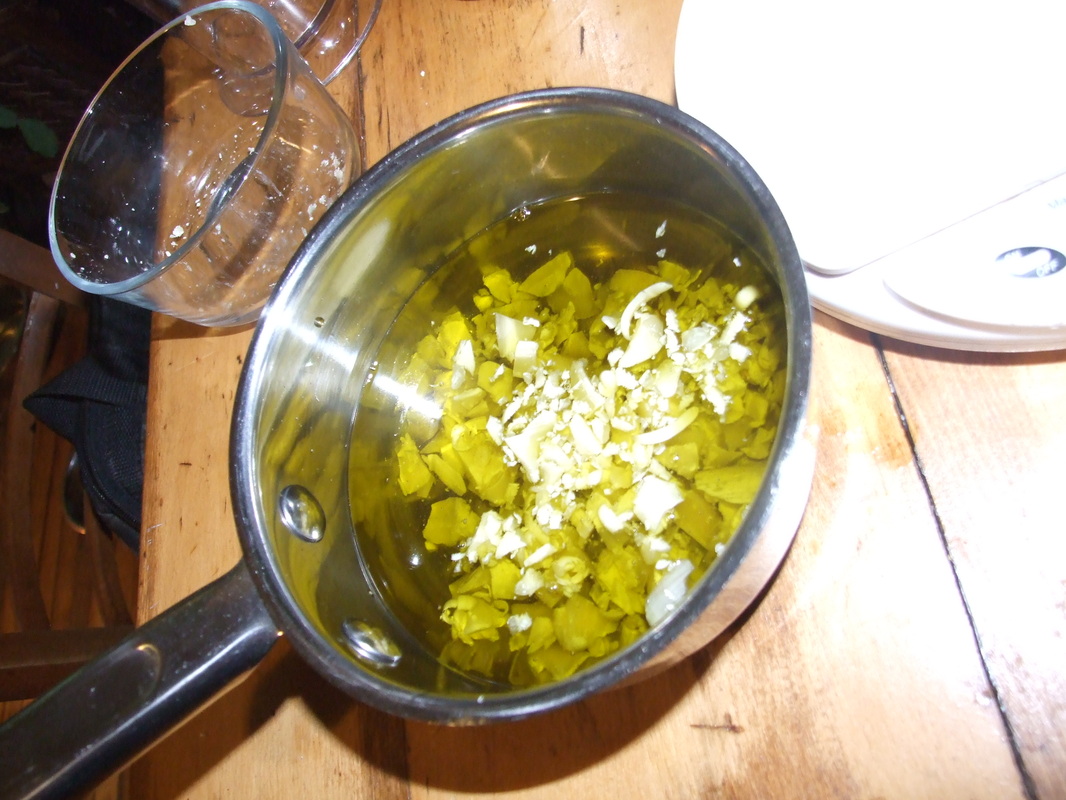
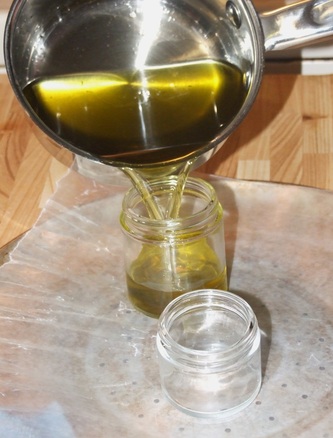
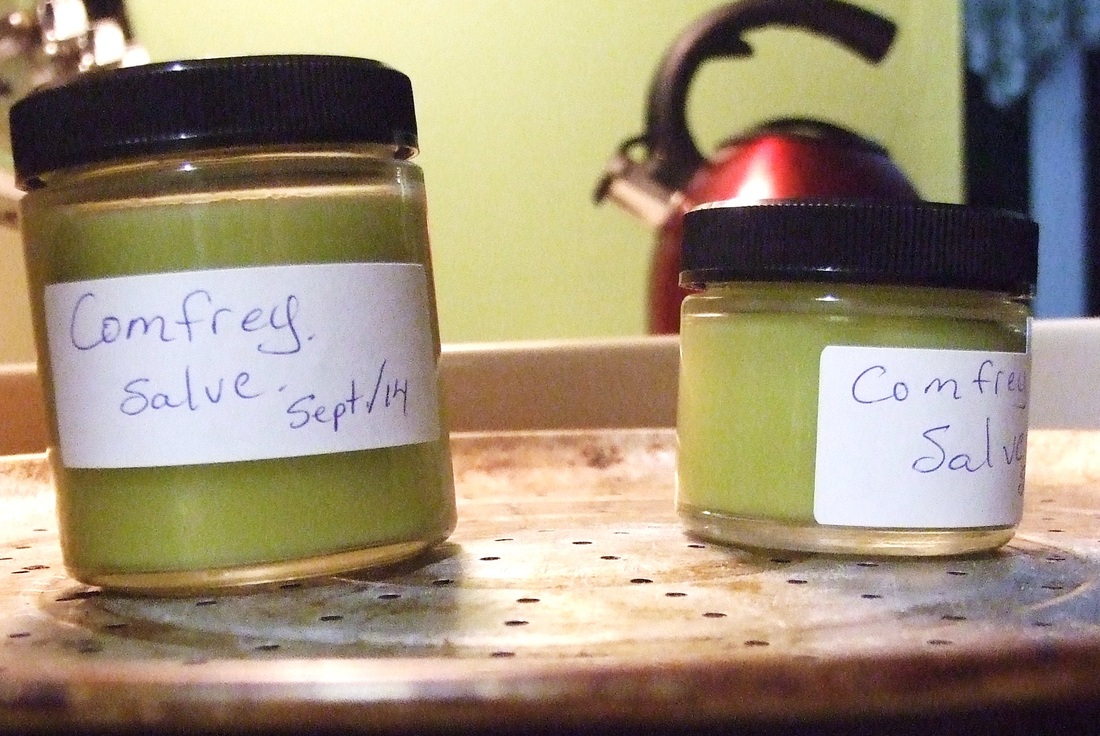
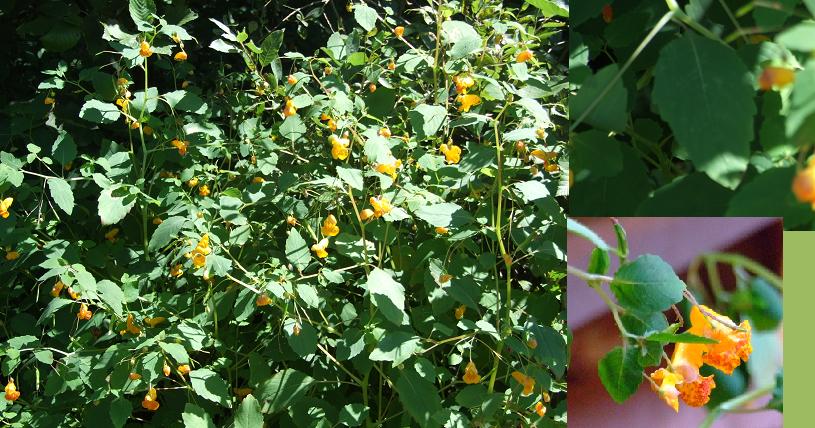
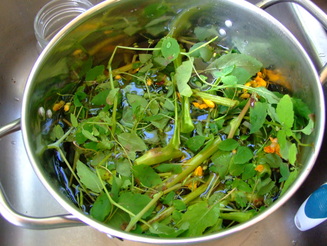
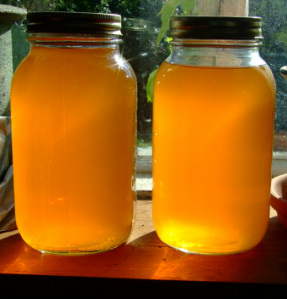
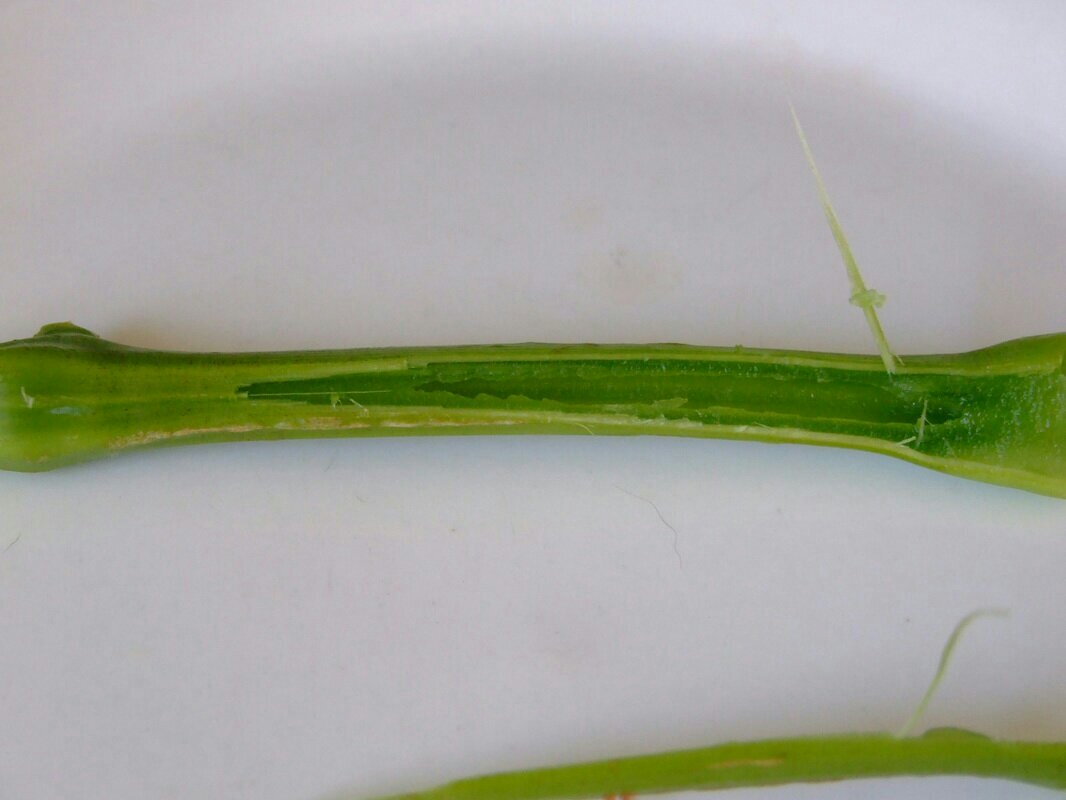

 RSS Feed
RSS Feed
